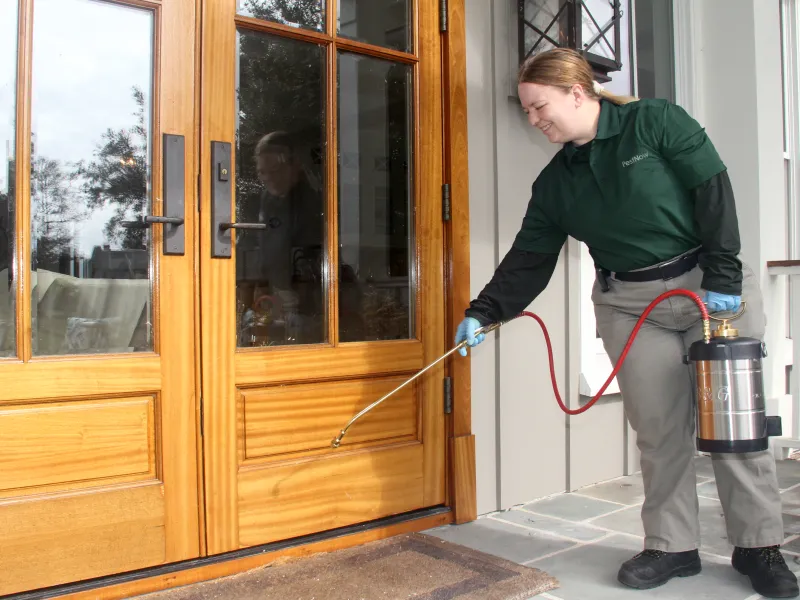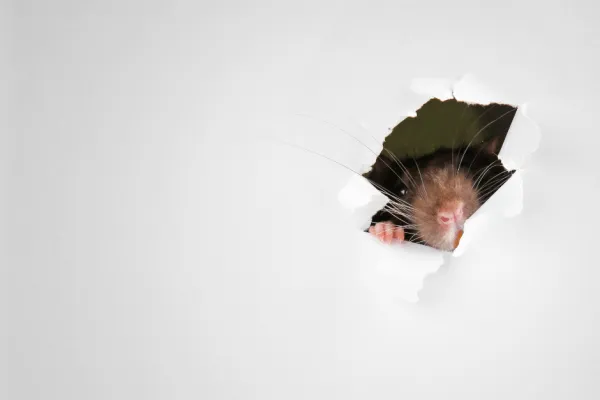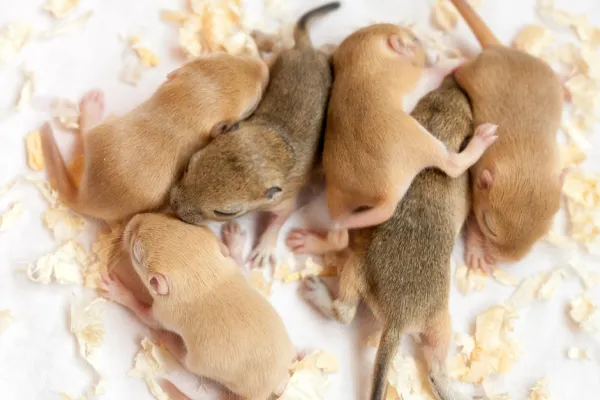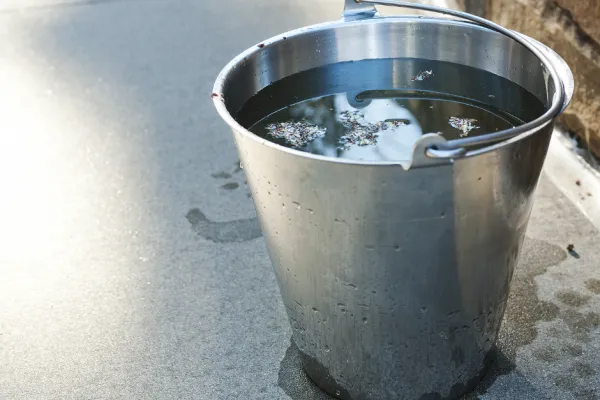The History Of Pest Control Techniques

Pest control has evolved significantly from the days of basic traps and harsh chemicals. Modern pest management, Integrated Pest Management, combines innovative technology, eco-friendly practices, and targeted methods to manage pests while minimizing environmental impact effectively.
The Early Days: A Reactive Approach
Pest control has historically been a reactive service, meaning people responded by applying whatever methods were available when pests appeared. This often included harmful toxic chemicals, not only to pests but also to humans, pets, and the environment. For example, DDT was widely used from the 1940s until it was banned in 1972 due to its harmful effects on wildlife and humans.
Traps and poisons were also common, but these methods lacked precision. They often targeted pests indiscriminately, killing beneficial insects along with harmful ones. Additionally, many traditional methods did little to address the root causes of infestations, resulting in recurring problems.
The Rise of Integrated Pest Management (IPM)
The 1960s and 1970s saw a shift towards more sustainable pest control practices with the introduction of Integrated Pest Management (IPM). IPM is a word you'll hear often, focusing on pest prevention and the longevity of our ecosystem. Instead of relying solely on chemical treatments, as past pest control practices did, IPM incorporates a variety of methods, including biological control, habitat manipulation, and the use of resistant plant varieties.
IPM focuses on monitoring and identifying pests before deciding on a control method. This approach reduces the need for widespread pesticides and targets only the pests that pose a significant threat. It protects the environment and reduces the risk of killing beneficial pests and making them resistant to treatments.
What Integrated Pest Management Means for You
For homeowners and businesses, modern pest management offers several advantages over traditional methods:
Reduced Exposure to Pesticides: IPM minimizes the use of chemicals, leading to lower exposure for homeowners, pets, and children, contributing to a healthier living environment.
Prevention-Focused: IPM emphasizes identifying and addressing the root causes of pest problems, such as eliminating food sources, sealing entry points, and managing environmental conditions, which leads to more sustainable and long-term pest control.
Effectiveness: Advanced technology and targeted treatments effectively treat pests, reducing the likelihood of repeat infestations.
Protects Property Value: IPM helps maintain the structural integrity and value of the home by preventing pest infestations and damage.
Pest control has improved significantly, and IPM is the best choice for your family, pets, and the environment. Recognizing that not all infestations are the same, we offer personalized plans tailored to your needs and pest pressures. This means treatments are customized based on the type of pest, the infestation's severity, and the property's unique characteristics.
By employing Integrated Pest Management and the latest technologies and practices, PestNow can provide effective pest control solutions.


